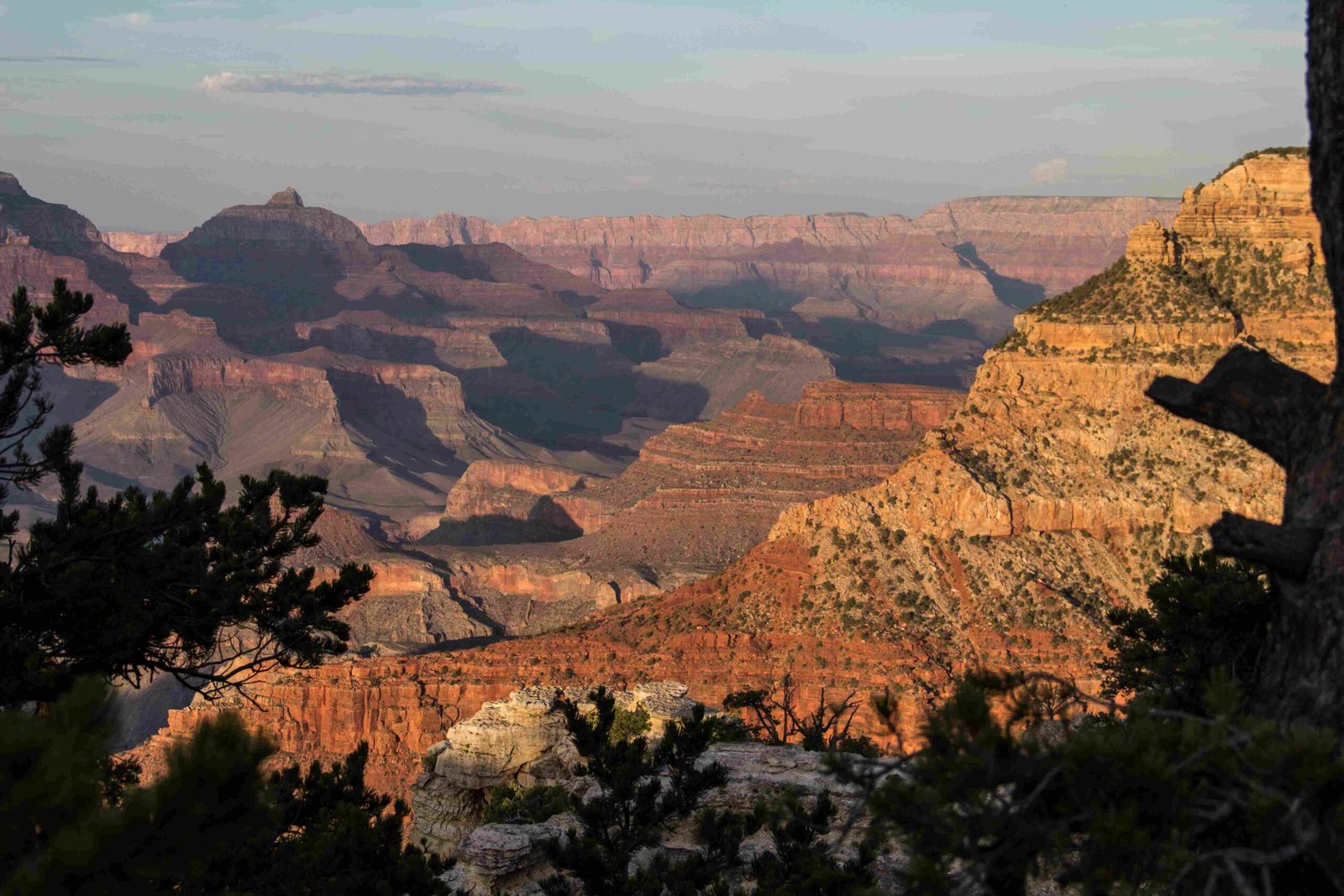The Grand Canyon offers two distinct visitor experiences: the West Rim and South Rim. While both showcase breathtaking canyon landscapes, they differ dramatically in accessibility, attractions, and visitor amenities. The West Rim, owned by the Hualapai Tribe, features the famous Skywalk and closer proximity to Las Vegas, while the South Rim, managed by the National Park Service, provides more extensive hiking trails, ranger programs, and comprehensive visitor facilities.
What Makes the Grand Canyon West and South Unique?
Location and Accessibility Differences
| Feature | Grand Canyon West | Grand Canyon South |
|---|---|---|
| Distance from Las Vegas | 3 hours | 5-6 hours |
| Ownership | Hualapai Tribal Land | National Park Service |
| Road Conditions | Partially unpaved | Well-maintained highways |
The geographical positioning of these two rims significantly impacts visitor experience. Grand Canyon West sits closer to Las Vegas, making it more convenient for travelers seeking a quick canyon adventure. In contrast, the South Rim requires a longer journey but offers a more comprehensive national park experience.
What Viewpoints Define Each Rim?
West Rim Distinctive Views
- Eagle Point: Features a naturally formed eagle-shaped rock formation
- Skywalk: Glass bridge extending 70 feet from canyon edge
- Guano Point: Offers 360-degree panoramic canyon perspectives
South Rim Iconic Viewpoints
- Mather Point: Most popular panoramic vista
- Yavapai Point: Geological museum with river views
- Hopi Point: Renowned for spectacular sunset scenes
- Desert View Watchtower: Historic architectural marvel
What Activities Distinguish Each Destination?
West Rim Experiences
- Native American cultural performances
- Helicopter tours with canyon landings
- Hualapai Ranch cowboy entertainment
- Skywalk glass bridge experience
South Rim Adventures
- Extensive hiking trails
- Ranger-led educational programs
- Mule rides into canyon depths
- River rafting expeditions
- Comprehensive visitor center exhibits
How Do Visitor Facilities Compare?
West Rim Facilities:
– Limited dining options
– Basic visitor centers
– Fewer restroom facilities
– Minimal shuttle services
South Rim Facilities:
– Multiple dining establishments
– Comprehensive visitor centers
– Extensive restroom infrastructure
– Efficient shuttle bus system
What Should Travelers Consider Before Visiting?
Practical Considerations
- West Rim better for quick visits
- South Rim ideal for in-depth exploration
- West Rim offers more Native American cultural experiences
- South Rim provides more comprehensive national park amenities
Cost and Admission Differences
| Aspect | West Rim | South Rim |
|---|---|---|
| Entry Fee | Tribal land fee | National Park entrance fee |
| Skywalk | Additional cost | Not applicable |
| Parking | Limited, sometimes paid | Free within park |
Best Time to Visit
West Rim:
– Year-round accessibility
– Less affected by seasonal changes
– Ideal for travelers with limited time
South Rim:
– Best visited spring and fall
– Winter offers unique snow-covered landscapes
– Summer can be extremely crowded
Pro Travel Tips
- Book West Rim Skywalk tickets in advance
- Prepare for temperature variations
- Bring appropriate hiking gear
- Consider guided tours for comprehensive experiences
Final Recommendation
Choose Grand Canyon West for:
– Proximity to Las Vegas
– Unique cultural experiences
– Quick canyon visit
Choose Grand Canyon South for:
– Comprehensive national park experience
– Extensive hiking opportunities
– Educational ranger programs
References:
– MaxTour Grand Canyon Viewpoints
– National Park Service Grand Canyon
– Hualapai Tribal Tourism

